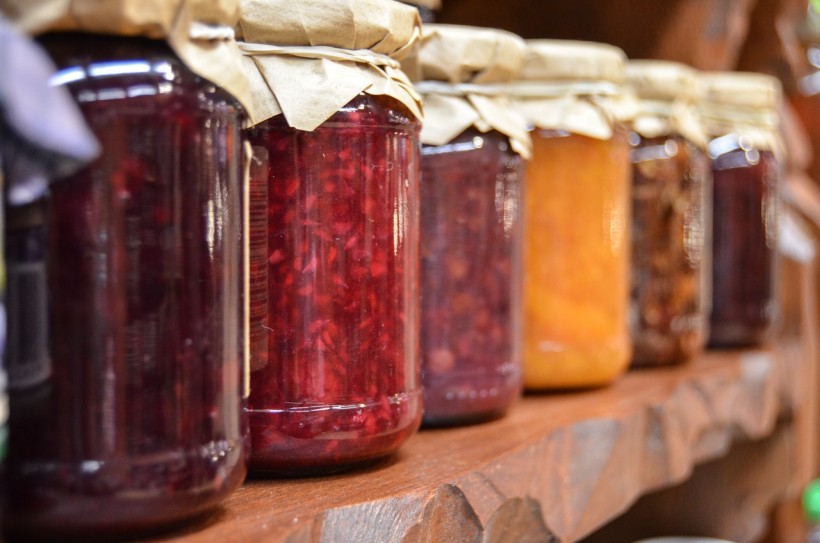In recent years, the human gut microbiome has been the center of researcher's curiosity. Many associations between human gut bacteria and various bodily functions have been suggested in the past. Today, researchers from Standford University investigated the complex relationship between the human gut microbiome, systemic inflammation, and diet.
Researches suggest that a diet rich in fermented foods leads to improve microbiome diversity and is directly proportional to a significant reduction in inflammatory biomarkers.
Human Gut Microbiome and Systemic Inflammation

According to Medical News Today, recent studies show that the human gut microbiome heavily influences the optimal balance between pro-and anti-inflammatory responses in the body's digestive system and throughout the immune system.
When imbalances occur, it may lead to negative influences on a wide range of inflammatory-mediated conditions like heart diseases, inflammatory bowel disease, systemic lupus erythematosus, rheumatoid arthritis, and more.
Suggesting the good bacteria such as Lactobacillus, Saccharomyces boulardii, and Bifidobacteria should be cultivated and regulated within the body.
ALSO READ: Gut Bacteria Linked to Neurodegenerative Disease, Research Says
Fermented Diet vs. High-Fiber Diet
The recent research published in the journal Cell, entitled "Gut-microbiota-targeted diets modulate human immune status," pitted fermented food-rich diets vs. high-fiber diets. Researchers from Stanford University recruited 36 healthy adults and randomly assigned half the population for each of the two diets over the course of 10 weeks.
Christopher Gardner, the co-senior author of the Stanford Prevention Research Center study, Stanford School of Medicine, explains that the team wanted to conduct a proof-of-concept study that tested whether microbiota-targeted diets could be an avenue for combatting the rise of chronic inflammatory diseases that are overwhelming public health sectors.
Blood and stool samples from the participants were collected throughout the trial. Over 10 weeks, researchers saw levels of 19 inflammatory proteins dramatically drop in participants that had fermented food cohorts. This, alongside increase microbial diversity in the gut and redacted activity of 4 types of immune cells, showed promise.
Most significantly, the changes were not detected in participants that were tasked with consuming high-fiber diets. Erica Sonnenburg, the co-senior author of the study, says the discordancy between both cohorts wasn't expected by the researchers.
She adds that the team expected high-fiber participants to have more universally beneficial effects and increase microbiota diversity. Data suggests that the increase in fiber intake alone over a short span of time wasn't enough to encourage microbiota diversity.
A hypothesis rains in the study tries to explain the differences in responses to both the high-fiber diet and the fermented foods diet. Stating that fiber-induced microbiota diversity increase takes longer to manifest compared to fermented food-induced changes. Various biomarker changes were seen in the fiber diet cohort, including changes in short-chain fatty acid production and increased stool microbial protein density.
The team notes that the indications show that high-fiber diets remodel the human gut microbiome population but potentially at a significantly slower rate compared to fermented foods.
The biggest takeaway from Stanford University research, perhaps, is the rapid immune and microbiome changes that can be induced by fermented food-rich diets, New Atlas reports.
RELATED ARTICLE: Microbes Thriving in Eastern Oysters Scrutinized to Study Its Impact on the Molluscs' Health
Check out more news and information on Microbiome in Science Times.




![Earth's Quasi-Moon Kamo‘oalewa Could Originate From Lunar Surface Not Asteroid Belt [Study]](https://1721181113.rsc.cdn77.org/data/thumbs/full/53275/89/56/50/40/earths-quasi-moon-kamo-oalewa-could-originate-from-lunar-surface-not-asteroid-belt-study.png)









